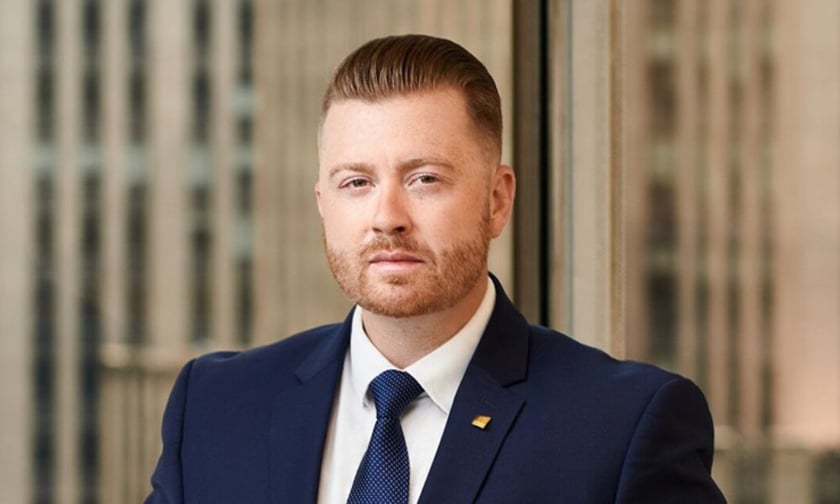

Global geopolitical risks, particularly the Ukraine war, and heightened civil unrest and active shooter risks closer to home continue to drive the political violence insurance market in North America.
That’s the assessment of Andrew Umphress (pictured), who was recently appointed head of terrorism for North America at Markel International.
Speaking to Insurance Business, Umphress forecasted that the hard market would continue into 2024 with global rates being pushed by higher reinsurance costs.
“Along with Ukraine and the multiple civil unrest issues we’ve seen the reinsurance market pushed costs high and narrowed the conditions to create a hardening market,” he said.
“From a global perspective, in the last four years we’ve seen Mexico, Chile, Peru, the US, Sudan, France, South Africa being affected by national civil unrest.”
Total losses from the Ukraine war, now nearing its second full year, are going to be extremely impactful to the marketplace. Hospitality and commercial businesses are expected to be the most exposed, according to Umphress.
“Ukraine is a main driver, but the previous years’ global civil unrests and instability worldwide concerns the reinsurance market. From a global perspective, there has been an adjustment to rate, and a more limited appetite and capacity for certain products,” he said.
“We are seeing the ripple effect in the US with global losses mounting and increased reinsurance costs. Rates will continue to rise due to increased costs. However, there still is a large amount of capacity available in the marketplace to help serve the larger clients.”
Closer to home, terrorism and mass shooting risks are still a major source of concern for North American businesses.
“The US terrorism division really parallels the trends of the property market, and currently, we're still seeing that hard market impact roll into pricing considerations for the standalone terrorism accounts,” Umphress said.
“Though the US has faced threats and incidents in past few years, the market for terrorism has remained relatively stable. We've seen some observable differences in price and take-up rates.
“But with some of the recent events around the world and the frequency of mass shootings, we have seen an uptick of insureds seeking a customized solution, separate from their property insurance, to better protect their assets.”
As for civil unrest, Umphress noted a persistently heightened risk due to a constant stream of economic and political issues in North America.
“Property policies have carved out the strikes, riots and civil commotion (SRCC) sublimits and have now turned to the standalone terror markets for coverage,” he said.
“While there’s local capacity available, typically take-up rates are much lower due to higher premiums and limited capacity.”
Umphress, an experienced terrorism underwriter and manager, has deep knowledge of the US insurance market. Before Markel International, he was with Munich Re Specialty, Ambridge Group, and Validus.
His appointment last August signals the specialty insurer’s intent to bolster its offerings to North America clients with global footprints facing escalating geopolitical risks.
“Our goal is to be the go-to for terrorism insurance market, while providing our clients with solutions to their insurance needs,” Umphress said.
“We will continue to think outside the box and provide the best service for our trading partners. Whether it be placing our products on a standalone basis or packaging together to help clients meet their complex needs and protect all their assets.”
Umphress is also charged with developing Markel’s active assailant product.
“Our aim to build our brokers’ and clients’ knowledge of the active assailant product and how this can protect them along with the understanding of the services our crisis consultants can provide pre- and post-event,” he told Insurance Business.
“We work with a very reputable crisis management consultant that provides 24/7 service globally, and we have a well-respected and well-known claims team.”
What are your predictions for the political violence and terrorism insurance markets? Share them below.
